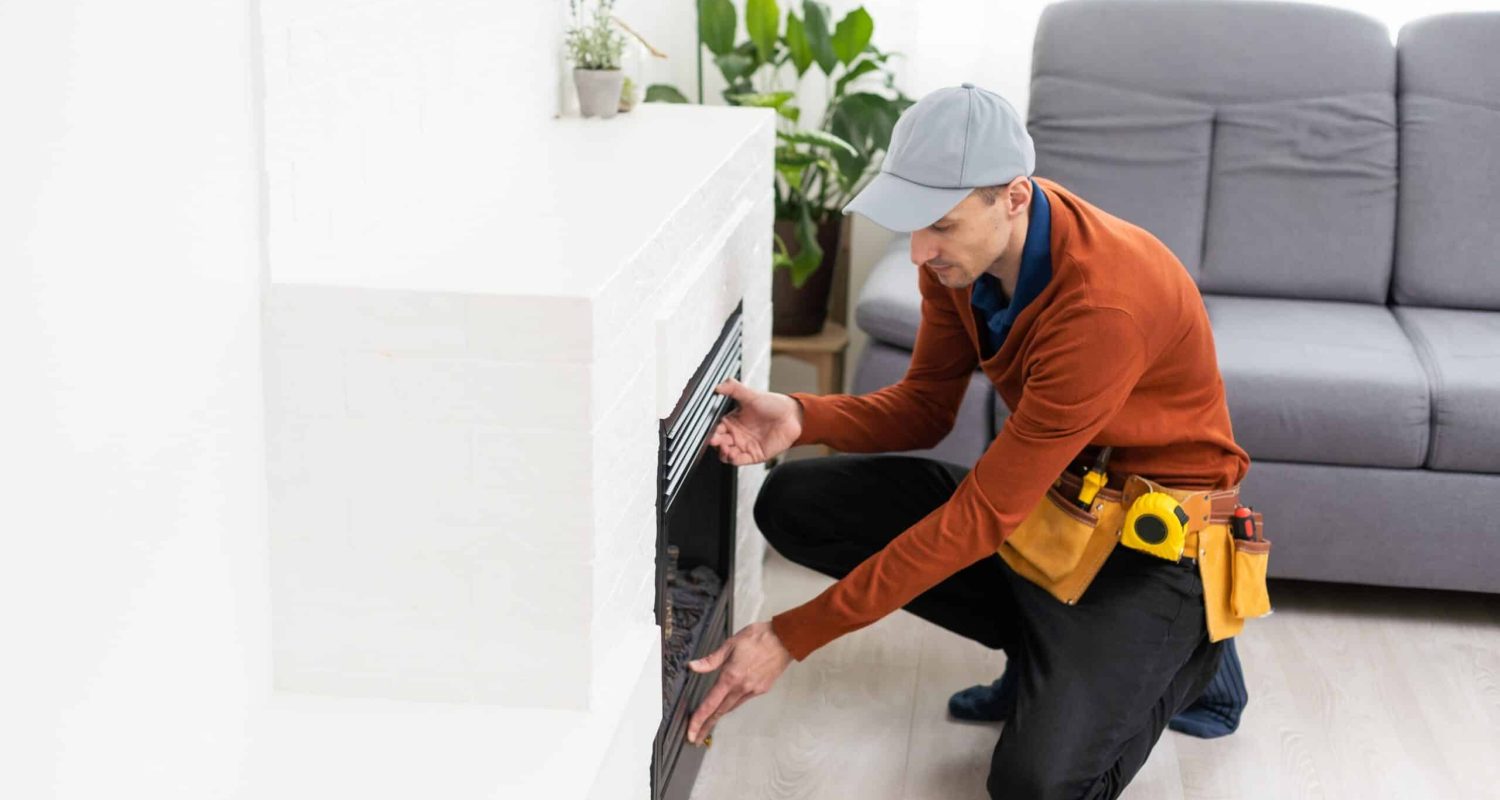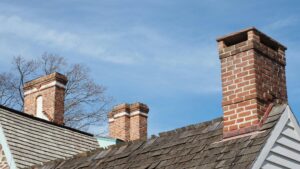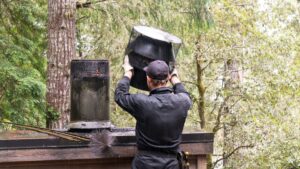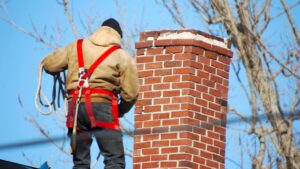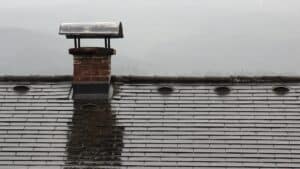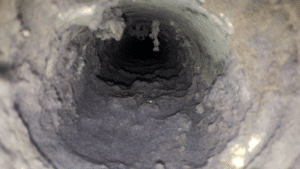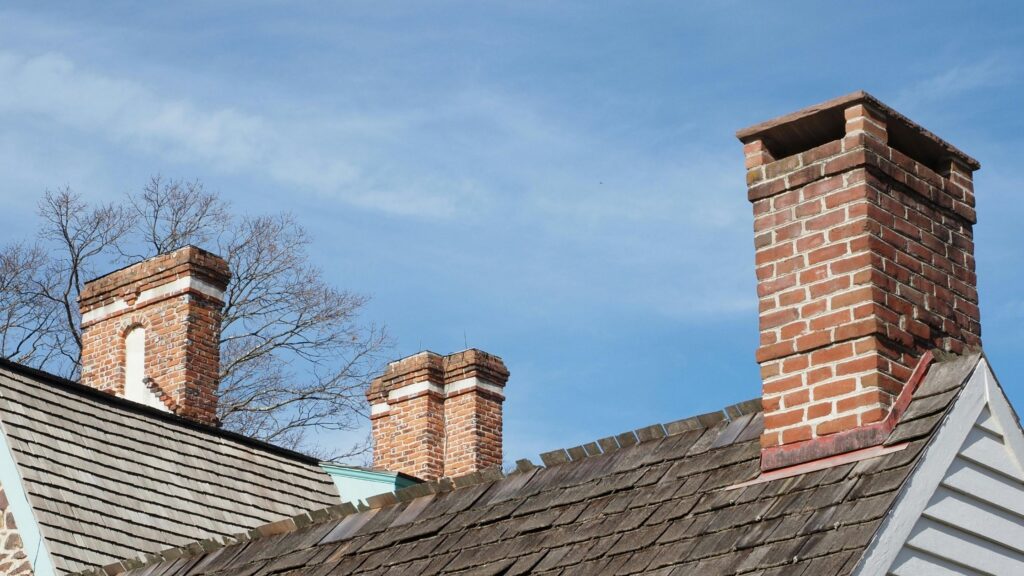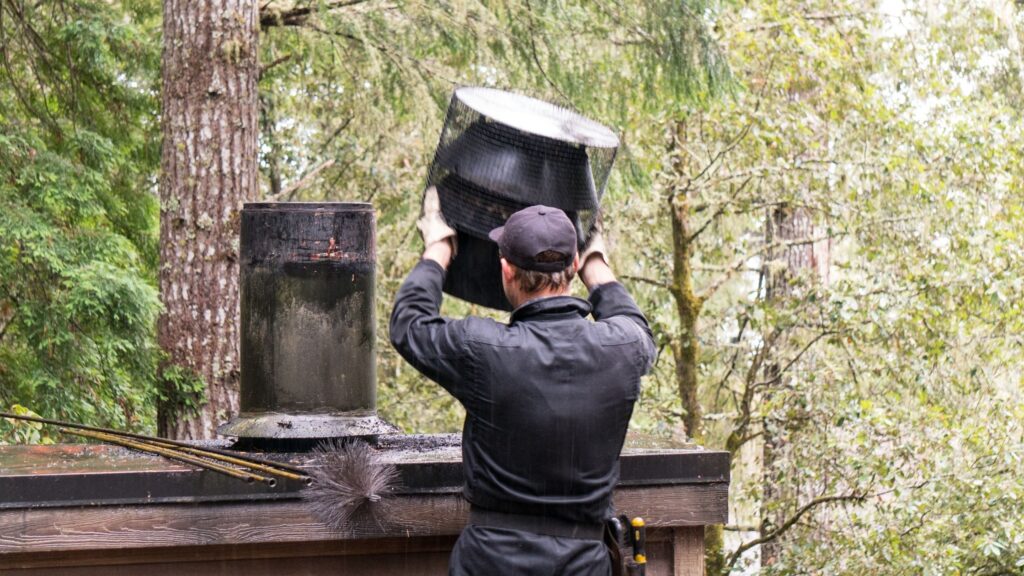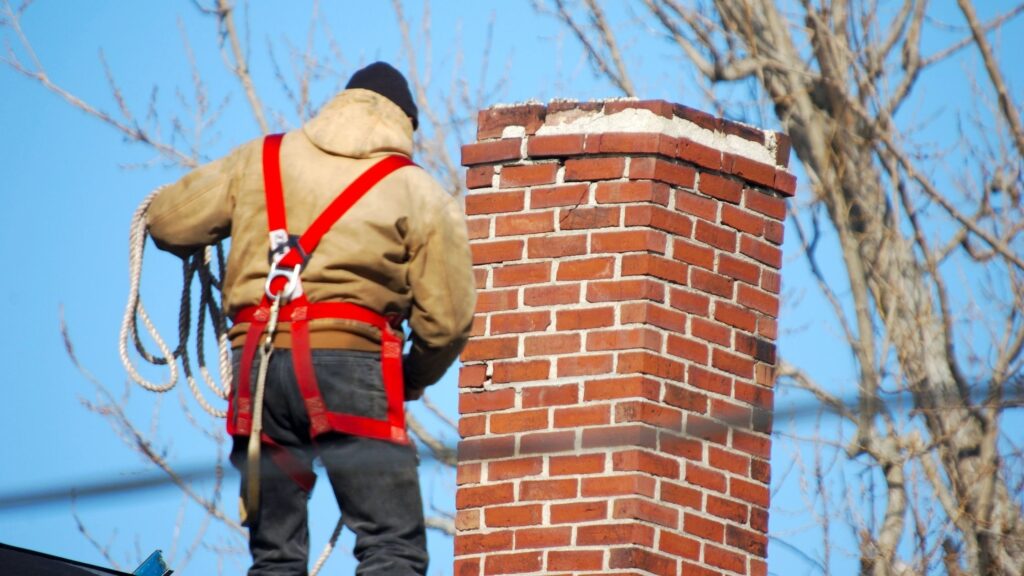A gas fireplace is a reliable source of warmth and comfort, but like any appliance, it can develop issues over time. Recognizing the early warning signs of a problem is essential to ensure safety, efficiency, and longevity. Ignoring these signs could lead to costly repairs, decreased performance, or potential safety hazards. Here are five common signs that indicate your gas fireplace may need professional attention.
1. Persistent Odors or Gas Smell
A noticeable gas smell or persistent odors around your fireplace is a serious warning sign that should never be ignored.
What It Means:
- A gas leak in the lines or connections.
- Incomplete combustion inside the fireplace.
- Ventilation issues preventing proper airflow.
What to Do:
- Turn off the fireplace and gas supply immediately.
- Avoid using matches, lighters, or electrical appliances near the area.
- Contact a professional technician or your local gas company to inspect and repair the issue.
Gas leaks pose serious health and safety risks and should always be addressed by a professional.
2. Unusual Noises During Operation
Gas fireplaces are designed to operate quietly, producing only a gentle whooshing sound from the flames. Unusual noises may indicate mechanical or system issues.
What It Means:
- Loose or damaged components inside the fireplace.
- Problems with the fan or blower mechanism.
- Obstructions or irregularities in the gas flow.
What to Do:
- Inspect for visible loose parts and tighten them if possible.
- Clean dust and debris from the fan or blower area.
- If the noise persists, have a professional inspect the system to prevent further damage.
3. Difficulty Starting the Fireplace
Your gas fireplace should ignite smoothly and reliably. If it struggles to start or takes multiple attempts, it could signal deeper issues.
What It Means:
- A malfunctioning ignition system.
- Problems with the pilot light.
- Insufficient gas flow to the unit.
What to Do:
- Check the pilot light and relight it according to the manufacturer’s instructions.
- Ensure the gas supply valve is fully open.
- If these steps don’t resolve the problem, contact a technician to repair or replace the ignition components.
4. Weak or Discolored Flames
The flames in your gas fireplace should burn steadily and appear blue or blue with yellow tips. Weak or discolored flames can indicate inefficiencies or blockages.
What It Means:
- Blocked or dirty burner ports.
- An improper air-to-gas ratio.
- Low gas pressure in the system.
What to Do:
- Clean the burner ports using a soft brush to remove soot or debris.
- Adjust the air shutter if you’re familiar with the system.
- Contact a professional to inspect and adjust the gas pressure and airflow settings if the issue persists.
5. Excessive Soot or Dirt Buildup
Soot or dirt accumulation on the glass, logs, or surrounding surfaces indicates incomplete combustion and potential airflow problems.
What It Means:
- Improper flame adjustment leading to incomplete combustion.
- Blocked vents or dirty burner components.
What to Do:
- Clean the glass and logs using manufacturer-approved cleaners.
- Inspect the vents for blockages and clear them if necessary.
- Have a technician diagnose and address the root cause of excessive soot buildup.
Conclusion
Recognizing the warning signs of a gas fireplace in need of repair can help you avoid costly or dangerous problems. From unusual odors to weak flames, addressing these issues early ensures your fireplace operates safely and efficiently.
If you’ve noticed any of these signs, contact True Ventilation for expert gas fireplace repair and maintenance in Hudson Valley and surrounding areas.
Call us at 888-775-9498 or email us at trueventilation@gmail.com to schedule a professional inspection today.



